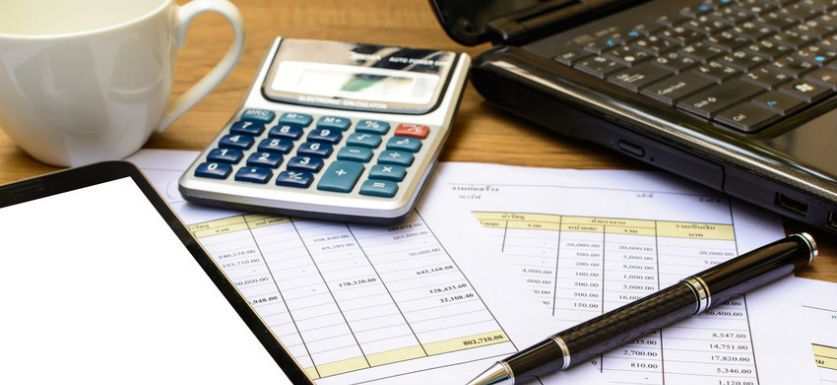Selling a business comes with a lot of questions and important decisions. One of those choices is deciding on a price for the business. Do you know your company’s worth? Use business valuation to determine your business’s value.
There are many methods to find how to determine the value of a company. The amount you value your business at could vary, depending on the method you use.
You should learn some basics of small business valuation to be sure you sell your business at a fair price. But, you are a business owner, not a professional appraiser. Once you have an idea of your small business net worth, consult an appraiser for a company valuation to be sure you sell your business for a fair price.
Small business valuation methods
Most company valuation methods involve your business’s financial history and cash projections. Your financial history and cash flow projections help buyers see they are making profitable investments. Here are three options to find the valuation of a business.
Method 1: Asset-based
The asset-based method looks at your business’s assets and liabilities. You calculate the value of your business by finding the difference between assets and liabilities.
When you use the asset-based method, you look at your business as being made up of smaller parts. Some parts add value to your company. Items that add value are assets.
Other parts add debts to your business. Liabilities are debts your company owes to creditors. To find the value of your business, subtract liabilities from the assets.
For example, if you have $100,000 in assets and $30,000 in liabilities, the value of your business is $70,000 ($100,000 – $30,000 = $70,000).
With the asset-based method, you can find the book value of your business. Your book value is the owner’s equity on the balance sheet. The book value should be the lowest price you are willing to sell your company. Responsible business debt management can help you increase your net assets.
Consider using the asset-based method if you need to sell your business fast. If you are selling to pay debts, you may save time and money by offering book value.
If you are selling a healthy business, you may not want to price it at book value. A healthy business could be sold for more than the book value.
Method 2: Market
The market method compares your business to similar companies that have already sold. The value of your business depends on the market.
Look at data from comparable businesses’ sale prices. Value your business at a similar amount to businesses that are like yours.
Let’s say you own a salon. Other salons in your area are selling for an average of $60,000. Using the market method, you would sell your salon for about $60,000.
The market method offers an amount close to the fair market value. Fair market value means your small business net worth is what buyers are willing to pay. You must increase or decrease your business’s price, depending on what buyers will pay.
Method 3: Income
The income method looks at your business’s financial history. Using your books, you show buyers your business is a low-risk and profitable investment.
Often, a buyer takes out a small business loan to purchase a company. Show the buyer your business can generate enough profit to pay the loan. The ability to pay debts reflects lower risks than companies with a large amount of debt. The more efficient your business is at paying debts, the more valuable it is.
With the income method, you look at your past profits and cash flow. Using your profit and loss statement for small business, project the future profits and debts of the business. Using the projections, you can find your small business valuation.
For example, you project the business will earn a net profit of $80,000 in the near future. You project this figure by averaging net profits from previous years. With the income method, you might sell the business for $80,000.
Improving your small business valuation
Your business’s value is a flexible figure. Buyers have their own viewpoints on valuing a business.
Building your company’s value takes time and careful planning.
Thoroughly maintain the types of business records your company uses. The records might include financial and bank statements. Your books help project the potential for risks and profits buyers might face. The more organized your books are, the better chance buyers have of seeing your value. You can use small business accounting software to keep track of your company’s finances easily.
It’s a good idea to do your own company valuation. But, you should also consult an appraiser for a professional business valuation. An appraiser can offer you valuable advice and help you get the most out of your sale.
For an easy way to track all your business’s transactions, sign up for Patriot’s online accounting software. Use the simple cash in, cash out system to finish bookkeeping in a few simple steps. Try it today with free support.
